More than we expected: A Drash
James Robinson is the author of ‘More than we Expected’. It tells the story of the journey with his son, Nadav, a twin born with a congenital heart defect who died at the age of five.
“Despite these difficult circumstances, More Than We Expected is not a tragedy. Instead, this memoir offers valuable lessons about the privilege of parenthood and the practice of medicine: the mysterious ways in which the body forms and grows, giving life; how we find the faith to live with our decisions, even if the consequences are beyond our control; and our extraordinary capacity—when something goes wrong—to compensate and heal.”
On 25 September 2023, James G. Robinson delivered this inspiring drash at the
Yom Kippur service at Kane Street Synagogue.
Good morning everyone. And thank you, Rabbi Dardashti, for inviting me to share a few thoughts today.
There are thirty-four verses in today’s parsha, but I’d like to focus on the very first sentence:
You might know the story: Nadav and Avihu, two of Aaron’s four sons, who entered the holy of holies to offer an improper sacrifice — and were struck down by a divine flame.
Why, on this important day, as we read in such detail about how the high priest sanctified the inner sanctuary of the Mishkan, are we so urgently reminded of his son’s deaths?
***
My wife Tali and I find the story of Nadav and Avihu particularly haunting. Some of you may have met our sons Gilad and Yaniv. But unfortunately very few of you have ever met Yaniv’s twin brother — also named Nadav. He was born with a significant heart defect, and died nearly seven years ago at the age of five.
I won’t tell you the whole story of his remarkable life right now. But I will do my best to share some insights from our experience that I feel are relevant to Yom Kippur.
***
Nadav and Yaniv were born on the second day of Rosh Hashana, when we read the story of Abraham and Isaac. Five days later, Nadav underwent the first of the three scheduled surgeries that he would need before the age of four. I remember that Yom Kippur well, as Nadav recovered in the NICU, grateful — like Abraham — that our son’s life had been spared.
Many people assume that to have a child born with a life-threatening illness is a terrible tragedy. But being Nadav’s parents was a tremendous privilege. In all of its wrongness, his malformed heart opened our eyes to the magic of how things go right.
Our crash course in cardiology filled me with wonder at the amazing ways in which our bodies grow and heal. In particular, the ways in which embryos form organs is mind-blowing. Were it not for Nadav’s heart, I never would have fully appreciated its wonder.
But along the way, I came to realize that no matter how much science reveals about the physical world, the practice of medicine is full of ambiguity. There will always be things we cannot understand.
***
Nadav spent time in four different hospitals throughout his life — including one in Australia, the result of a medical emergency that left us stranded on the other side of the world.
Still, like any parent, Tali and I devoted our lives to giving Nadav the life he deserved. We tried to bend the world to our will. And during each crisis, we were lucky to see humanity at its best.
But at the same time, Nadav’s condition was a chasm that separated us from the rest of the world. For there is a certain terror in knowing that you might outlive your son. I wrestled with this reality from the moment of his birth.
I am sure that it is making some of you squeamish even now.
***
Rabbi Abraham Joshua Heschel writes that as Jews, we must simultaneously inhabit two worlds — that of the real, what we can name, explain and comprehend; and that of the ineffable — what is beyond our understanding.
On Yom Kippur, we are asked to leave our daily lives behind, and consider the ineffable.
I personally feel this most during the walk home between services, as we pass all sorts of people doing what they normally do — moms pushing strollers; kids on phones; workers with double-parked trucks. I find it somehow necessary to take this walk on such a holy day, to see our neighbors inhabiting a parallel universe in which this is just another day, going about their business while our world stands still.
I had a similar experience when Gilad, our first son, was born. Walking home from Methodist Hospital, past the bars on Seventh Avenue, I heard the drunken laughter of a late-summer’s night. I could not fathom what everyone was celebrating. How could they know happiness? My joy—the joy of new fatherhood—was the only joy; everything else seemed trivial and silly. I had welcomed another life into the world, and nothing else compared.
These are special days, in which we rise above ordinary life, and approach the divine.
***
Likewise, when death arrives, in all of its baffling terror, it is hard not to feel utterly alone.
We feel helpless and uncertain, second-guessing our decisions, wondering what matters. If we’re not careful, this can easily lead to bitterness, despair and regret.
Perhaps this is why community is so important to our faith. We are obligated to say kaddish with a minyan; we gather to say Yizkor four times a year; we open our homes during the seven days of mourning — our grief visible to all.
I vividly remember our first service at Kane Street, the Friday evening after shiva ended — waiting awkwardly outside the community room upstairs, strangers at Kabbalat Shabbat welcoming us in.
Even in the face of tragedy, we are allowed to see our world at its best.
***
So what of Nadav and Avihu? Why did they enter the Holy of Holies to offer a forbidden offering?
Some rabbis say they were led astray by inflated egos and shameless pride. But other interpretations are more forgiving, suggesting that Nadav and Avihu’s unauthorized sacrifice was not necessarily a sin. Instead, what they sought is something that burns within us all—the human striving for transcendence, the desire to make some connection with the divine.
Today, on Yom Kippur, we are encouraged to wrestle with the blurry spaces at the edges of our understanding. We say the “Al Chet” — listing the many ways in which we have fallen short, taking responsibility for the things we should be able to control.
But at the same time, we are reminded of something greater, and far more profound. We remember those we love, and those we have lost, and cast our eyes upwards — humbly accepting that our ultimate fate is dependent on things we will never understand.
It is up to us whether we are left with a sense of frustration or awe.
G’mar chatima tovah.
Copyright 2023 © James G. Robinson
AVAILABLE NOVEMBER 7, 2023
More Than We Expected
Five Years With A Remarkable Child
It was a journey that most parents would hope to avoid: a son born with a congenital heart defect, a fateful decision to take a family trip abroad, and an emergency hospitalization that left them stranded on the other side of the world with no obvious way home.
Despite these difficult circumstances, More Than We Expected is not a tragedy. Instead, this memoir offers valuable lessons about the privilege of parenthood and the practice of medicine: the mysterious ways in which the body forms and grows, giving life; how we find the faith to live with our decisions, even if the consequences are beyond our control; and our extraordinary capacity—when something goes wrong—to compensate and heal.
More Than We Expected is a story of finding strength in the most unexpected places. Our children have a special ability to reveal the goodness in the world—their eyes a window to a life full of wonder. Like them, this book is a vivid reminder of what it means to be human—a miraculous, inexplicable gift, however fleeting.
Pre-order on amazon.au https://bit.ly/jgr-memoir-australia
Author photo credit: Earl Wilson



